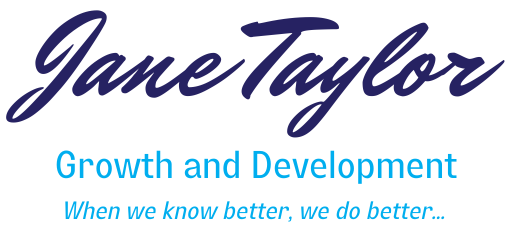Untangling Stressful Habits – Underearning

If you have been in my world for a while, you will know that I am passionate about habits and untangling unhelpful habits to live a fulfilling and whole-hearted life as a well-being. So I am writing a series to shed some light on some stressful habits that have come back in to my awareness recently.
Before I start sharing about stressful habits, let’s have a look at what stressful habits are.
What Are Stressful Habits?
Basically – habits can be useful or not so useful, helpful or not so helpful, stress inducing or not. Sometimes we are conscious of our habit/s (i.e. often chosen and intentional) or the habit/s can sit within our blind spots or the unknown.
When I refer to stressful habits, I am referring to habits that are impacting our overall life, business or well-being. They could be adding extra stress, suffering or draining life force energy in our lives. The stressful habits could be showing up in one or a variety of areas within our lives (i.e. physical, emotional, mental, financial, environmental or social).
In order to start to untangle from stressful habits, we need to develop self-awareness, so we can be more responsible and take ownership of our own life. Today I wanted to introduce underearning.
Stressful Habit: Underearning
From looking at the dictionaries, underearn was a little harder to define. The couple of definitions, I found for underearn were –
- “to earn less than” or “to earn less than might be expected” ~ Wiktionary and Your Dictionary
The definitions of underearning from a couple of the people I have read about on the subject include –
- “someone who makes less than she needs or desires despite efforts to do otherwise.” ~ Barbara Stanny in Overcoming Underearning: A Simple Guide to a Richer Life.
- “to underearn is repeatedly to gain less income than you need, or would be beneficial – usually for no apparent reason, and despite your desire to do otherwise” ~ Jerrold Mundis in Earn What You Deserve: How to Stop Underearning & Start Thriving.
- “underearning is simply the pattern of not making enough money throughout one’s life” ~ Mikelann R. Valterra in Why Women Earn Less: How to Make What You’re Really Worth.
What Underearning is Not…
Underearning is not the same as –
- having a low income – some people who earn a low income are not underearners,
- underachieving – as people can achieve less than their potential and earn more than they need, or
- underworking – many underearners can work very hard.
Where Does Underearning Show Up?
In his book, Earn What You Deserve: How to Stop Underearning and Start Thriving, Jerrold Mundis talks about two aspects of underearning. They are
- active underearning, and
- passive underearning.
Active and passive under earning shows up in many ways and some are shared below.
Active and Passive Undereaning
Active underearning “involves doing something that results in underearning.” (p. 268). Passive underearning “involves not doing or failing to do something that would – if you did it – cause you to earn more.” (p. 290).
Some examples of active underearning (i.e. doing something that results in underearning) include the following –
- Making unreasonable demands on a client or employer,
- Spending time on activities or projects that will make little or no money,
- Accepting work that you know will pay you less than what you require/need,
- Making promises you cannot fulfill, and
- Investing more time on a job, than you are being paid to invest.
Some examples of passive underearning (i.e. not doing or failing to do something that would – if you did it – cause you to earn more) include –
- Ignoring opportunities that come your way,
- Refusing to request a raise,
- Remaining unclear about your financial expenses,
- Not being fully responsible for your life,
- Not valuing your skills or abilities,
- Not owning your skills or abilities,
- Not following-up on phone calls, and
- Not planning your life or business and being clear on your vision.
Don’t worry, I imagine most of us have under earned in our lives until we develop self-awareness, so BE self-compassionate 🙂
Over to You…
Now you have this awareness, what is your next step? Feel free to share any insights on underearning or a reflection below. Sometimes change can take a while, so be patient and of course self-compassionate. Also – remember when control is consciously understood it supports our adventure of wholeness and heartful living.
If you are ready to take yourself on the adventure of getting to know yourself (your true Self), why not join the Toolkit? A place where I share tools, inspiration and ideas to live a courageous and openhearted life.
Reference –
Mundis, J. (1995). Earn What You Deserve: How to Stop Underearning & Start Thriving. USA: Bantom Books.
Stanny, B. (2009). Overcoming Underearning: A Simple Guide to a Richer Life. USA: Harper Collins Publishers.
Valterra, M. (2004). Why Women Earn Less: How to Make What You’re Really Worth.USA: Career Press.
